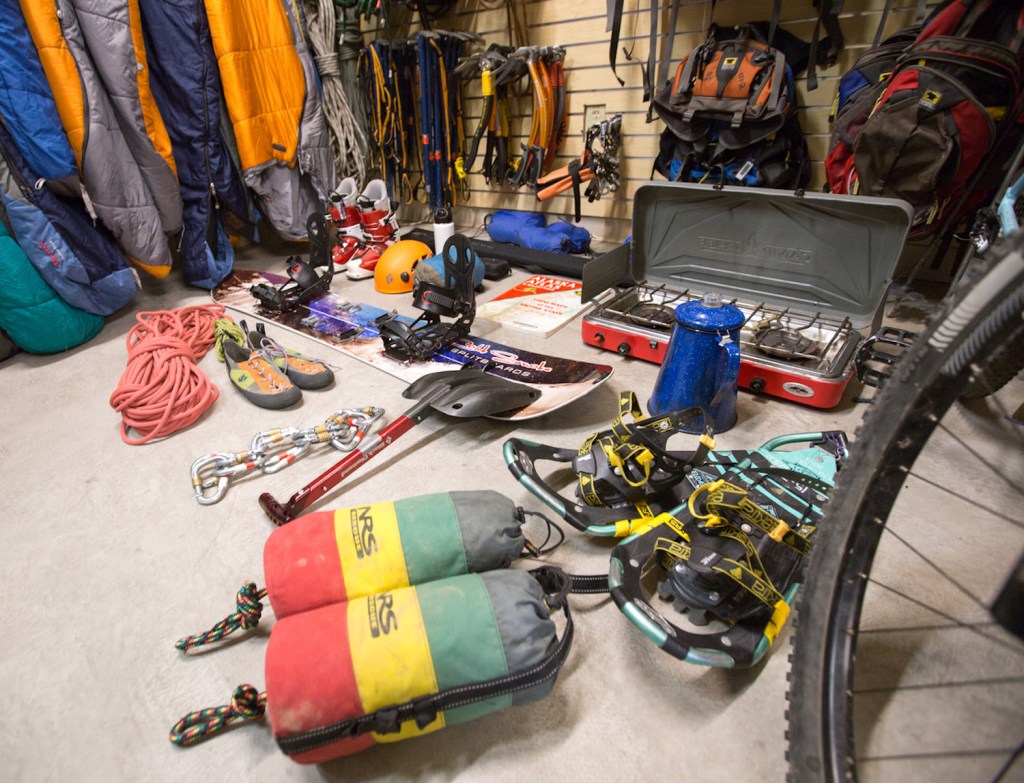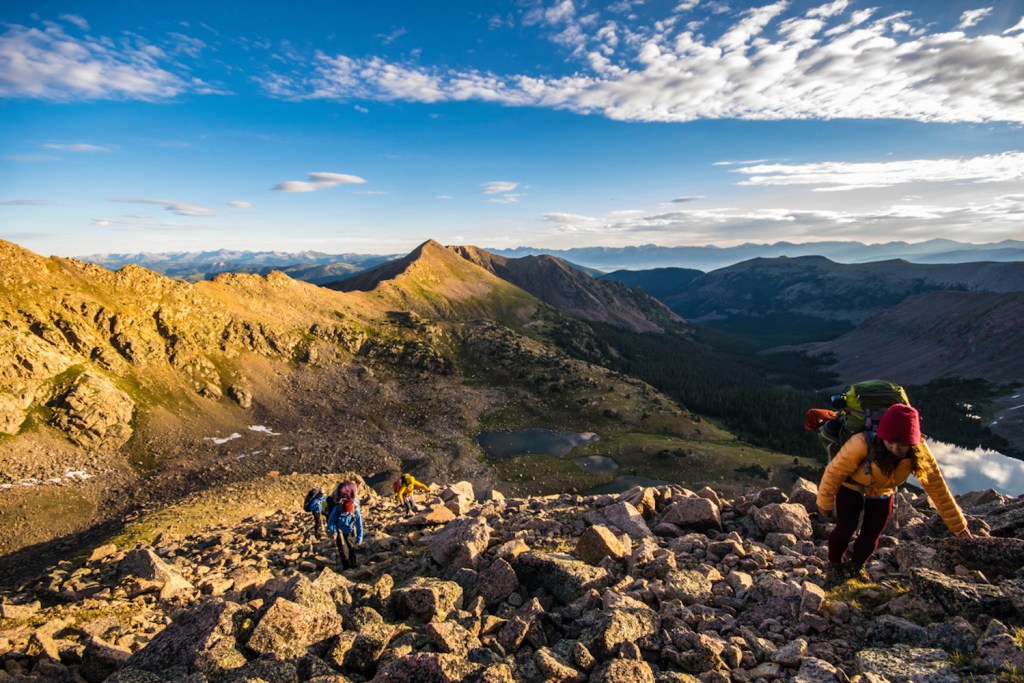Next spring, 33 individuals will become the nation’s first professionals with an Outdoor Product Design and Development (OPDD) degree from Utah State University—if they don’t get snatched up into the workforce before graduation.
“These students are a tremendous addition to the workforce and already so marketable that we’ve lost several [to jobs]. The outdoor industry is ready to hire them. Students can land their dream job,” said Sean Michael, director of the OPDD program at Utah State University in Logan, Utah, a four-year program that launched in spring 2016 and was developed with direct input from outdoor brands. The curriculum is saturated with real-life product scenarios for the next generation of Yvon Chouinards and garage-grown-gear creators.
The outdoor industry is growing: During a five-year period ending in 2017, the national dollar amount spent on outdoor products grew from $121 billion to $184.5 billion, according to the Outdoor Industry Association. But in addition to raising the next leaders in the outdoor industry, these college programs are also focusing on one core theme: sustainability. “We need ethical leaders for the problems that we face as an industry, from waste to toxins to creating products to consumerism,” said Michael. Used and lapsed products like bike helmets and backpacks, Michael says, shouldn’t go to the landfill for ethical, economic or practical reasons.
At the OPDD’s sewing and design lab, budding product developers can tinker with textiles, test products and utilize high-end tools like industry-standard sewing machines. Altra, the running-shoe company, funded the lab and has ongoing program involvement via the advisory board, design challenges and internship opportunities. Additional outdoor brands have been invited to join as program partners.
Students use 3D printers to create prototypes of belay devices for companies like Black Diamond; develop fleece midlayers with technical fabric from textile companies such as 3M Nextel; or test protective outerwear for high-impact sports like snowmobiling to see how it responds to wear and tear.

The student gear room at Western State Colorado University, where an outdoor industry MBA is launching fall 2018. (Photo Credit: Taylor Cull)
Utah State University isn’t the only school offering an outdoor gear design program. And many of the other programs are focused on sustainability, too.
“In our conference calls with industry leaders, sustainability is repeated over and over. One person said it best: The environment is our golden egg. If we don’t have sustainable products, then we don’t have a business,” said Pete Sherman, dean of the School of Business and director of the Outdoor Industry MBA that is launching at Western State Colorado University in Gunnison, Colorado, in September 2018.
The two-year online degree offers a specialization in either the product or service track. Students complete courses that include immersive experiences at the Outdoor Retailer trade show, adventure networking—the cohort does an outdoor activity like climbing a peak near Gunnison with high-profile outdoor industry leaders—and a capstone project: solving an actual issue within an outdoor industry company.

Western State students climb Colorado’s Henry Mountain as part of their curriculum. (Photo Credit: Eric Phillips)
Financed by Hydro Flask, Oregon State University–Cascades, in Bend, Oregon, is also developing a four-year degree program for outdoor product creation. Geoff Raynak, who was recently hired as the program’s executive director, is tasked with designing the curriculum, which should lift off in fall 2019, contingent on state agency and faculty approval.
“We are taking the end product and working backward,” said Becky Johnson, vice president of Oregon State University–Cascades. “Students will have an appreciation for outdoor lands and the places where products are used. The products need to be sustainable and not harm the environment. It’s a lifecycle approach.”
In spring 2018, Colorado State University in Fort Collins, Colorado, also jumpstarted the country’s first-ever Adventure Travel Tourism program.
“Four programs is nowhere near enough to serve this industry,” said Michael. But these inaugural degrees will stimulate competition, raise industry standards and enrich the academic community, which is a good start.
“I wish I was 18 years old. Programs like this weren’t even on the radar then,” said Hydro Flask CEO Scott Allan. “These degrees allow the industry to tap into a talent base that comes out of school ready and able to contribute. An engineer will know how to design a product, but will they understand the ethos of outdoor industry, social responsibility, environmental sustainability, the supply chain and have worked for outdoor companies? You get more industry nuance and values right out of the gate.”


